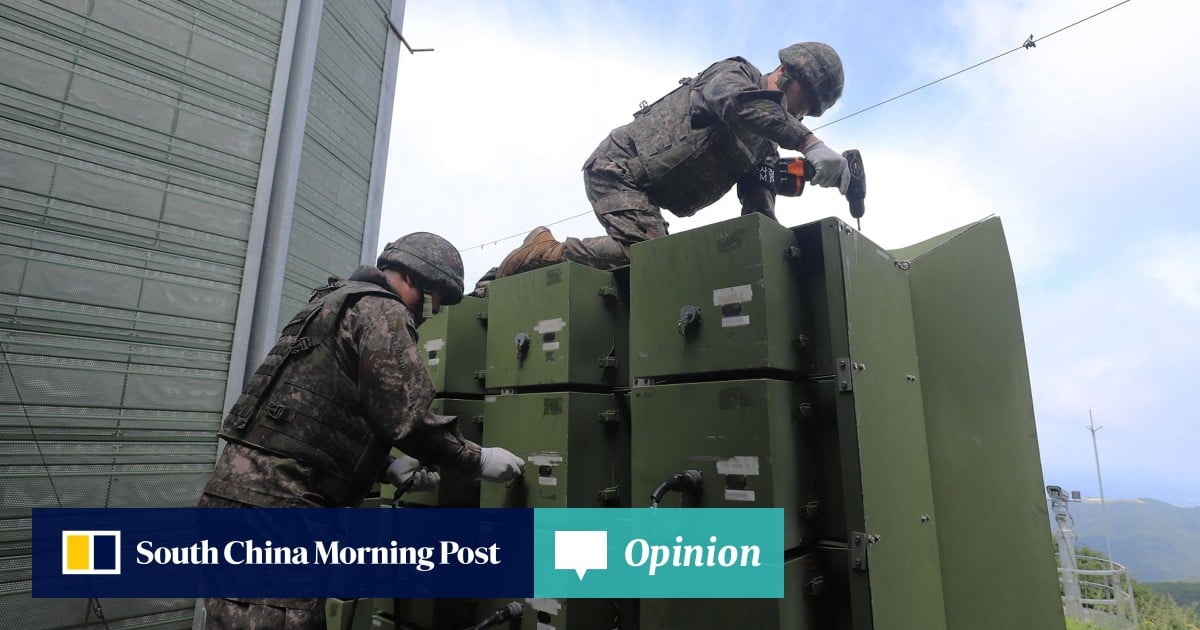With wars dragging on in Europe and the Middle East, the risk of conflict spilling over to Taiwan and the Korean peninsula is coming into sharper focus. Against this backdrop, it is a welcome development that South Korea’s new government has signalled its commitment to easing inter-Korean tensions.
Inter-Korean relations have long cycled between retaliatory and conditional, quid pro quo engagements. In this context, South Korean President Lee Jae-myung’s administration is seen as creating a new opening for reconciliation and cooperation. While ideological differences persist in how successive South Korean governments have approached North Korea, both progressive and conservative administrations have consistently prioritised stability and peace on the Korean peninsula.
